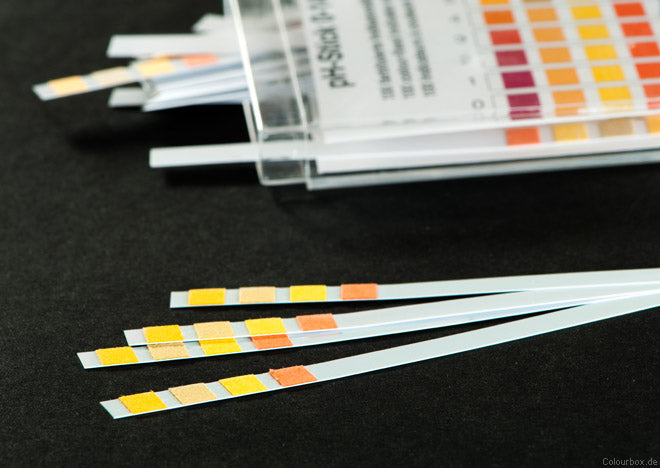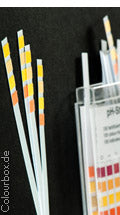
Sick due to hyperacidity
Sick due to hyperacidity
The compact guide “Acid-Base Balance” explains how a disturbed acid-base balance can be brought back into balance
An over-acidified organism can be the cause of a variety of diseases and impairs physical and psychological well-being. In his new book "Acid-Base Balance", health expert and self-help author Hermann Straubinger shows ways out of the "acid trap" towards an alkaline diet and more joy in life.
Living in balance
Headaches and exhaustion, poor performance or sleep disorders - the first signs can be very different and are not always easy to interpret and classify. Thanks to precise measuring methods and a series of studies, however, more and more doctors see a disturbed acid-base balance as the cause of a wide range of illnesses, such as allergies, kidney disease or even heart attacks.
The "modern" diet in particular contributes to the body becoming over-acidic. Instead of vegetables, potatoes and whole grains, the menu often includes meat, industrially modified foods, fine flour pastries and large amounts of sugar. Added to this are stress, lack of exercise and overexertion, which affect the acid-base balance. In his new compact guide, Hermann Straubinger shows that you can do a lot to ensure a stable acid-base balance by eating a varied diet and living a balanced lifestyle.
Man as a basic living being
The source of all life is the sea, which has an alkaline pH value of 8.0 to 8.5. The acidity scale ranges from extremely acidic with a pH value of 1 (sulfuric acid) to neutral at a pH value of 7 (pure water) to extremely alkaline with a pH value of 14 (caustic soda). Humans are therefore also, biologically speaking, alkaline beings, since their blood has a very narrow pH value between 7.35 and 7.45. Even the slightest deviations could have life-threatening consequences.
All cells are supplied by alkaline blood. Human life develops for nine months in alkaline amniotic fluid (pH 8 to 8.5). So that our body stays healthy, it likes it balanced to alkaline - apart from the stomach, which uses strong hydrochloric acid to break down our food and kill bacteria, and the skin, which uses its light acid protection to fend off pathogens.
Like the blood, every part of the body has its own specific "healthy" pH value at which the enzymes can perform their tasks optimally. If the organism becomes over-acidic, it tries to restore the balance using a sophisticated control system.
Balancing the excess acid
Our body has to excrete waste products from our daily metabolism and from the environment. This is done by the intestines, kidneys, lungs and skin. If these are overloaded or there are too few bases available, the acidic metabolic waste and toxins are deposited in the connective tissue. What we then experience as illnesses is usually our body's attempt to get rid of these substances. If the body is too weak, the depots are full or we prevent it from excreting, it deposits the waste in ever deeper layers and chronic illnesses occur.
We speak of hyperacidity when our body's natural ability to neutralize and excrete harmful acids is more or less exhausted. Symptoms such as tiredness, fatigue, lack of concentration, headaches, sore muscles, poor performance, allergic symptoms or cardiovascular disorders indicate that urgent countermeasures are needed. In addition to the easy-to-understand explanation of the complex metabolic processes, the new compact guide offers valuable tips and programs on how the acid-base balance can be rebalanced.
Book tip:
Hermann Straubinger: Acid-base balance. Compact guide. Tried and tested tips and programs for deacidification; Mankau Verlag, 1st edition September 2015, paperback, 11.5 x 16.5 cm, full color, 127 pages, 7.99 euros (D) / 8.20 euros (A), ISBN 978-3-86374-255-3.
Link recommendations:











